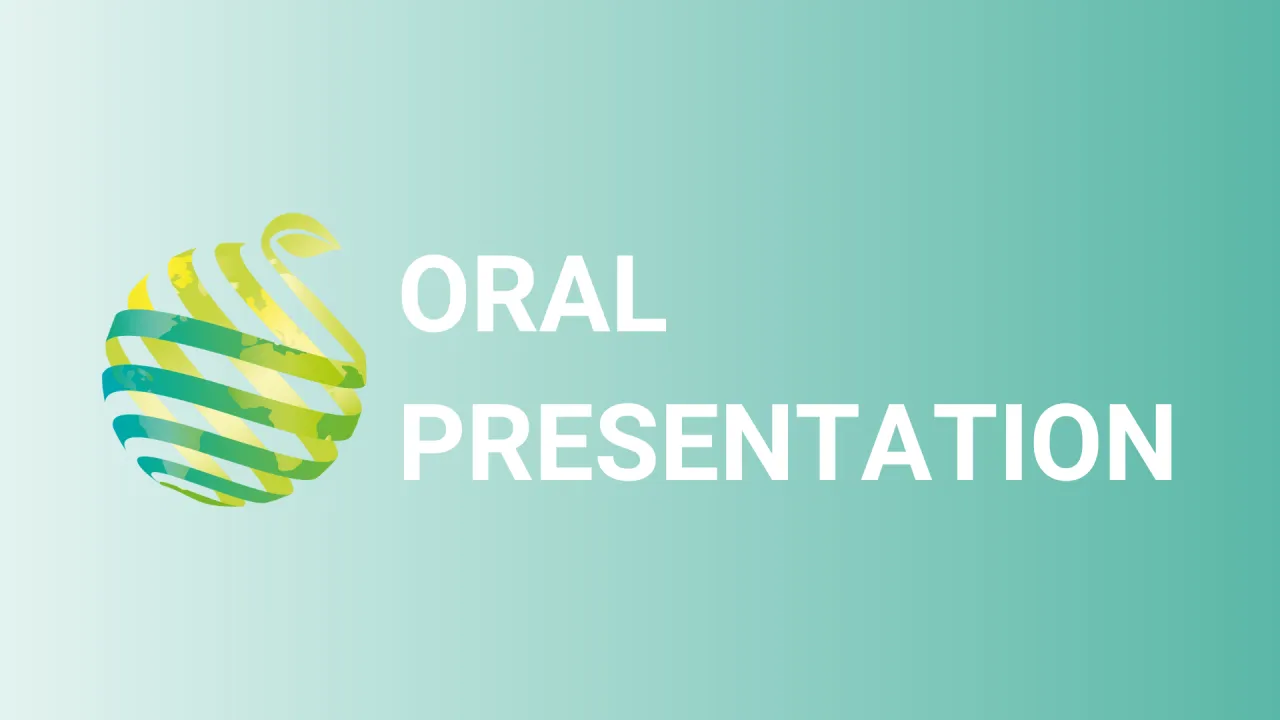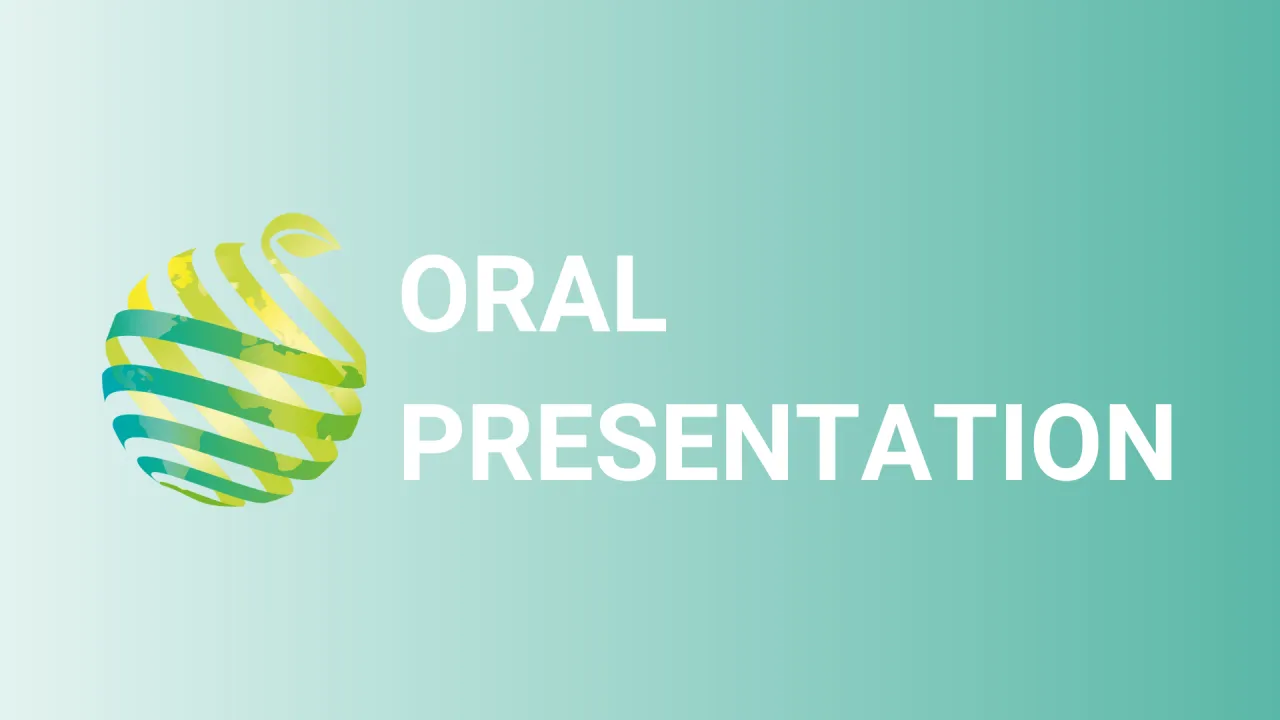

S21 - Session O1 - Multidisciplinary assessment of a long term experimentation on banana organic farming in Martinique
Information
Authors: Mathieu Coulis *, Marie Sauvadet, Alice Prochasson, Lucas Tsoukas, Anaïs Falk, laurent Gervais, Loïc Normand, Elisabeth Rosalie, Raphaël Achard, Loïc Monsoreau, Nelly Belliard, Christiane Mauriol, Olivier Birba, George Ornem, Maurice Aliker, Eliane Marville, Marie-Odette Daribo, Jérôme Sainte-Rose, David Dural, Karine Vincent, Thierry Vilna, Marcus Hery, Luc De Lapeyre de Bellaire, Claire Guillermet, Simon Gibert
A drastic reduction of pesticides use in the last 20 years in Martinique has been possible thanks to the deployment of banana vitroplants, fallow rotations and cover crops, however this agroecological transition entails additional costs to growers. Certified organic production could provide access to higher prices, but technical challenges for organic production in humid zones need to be addressed. In 2018 the BANABIO research program established two organic systems: (1) a bio-intensive banana monoculture (BI); and (2) a bio-diversified banana-cocoa-legume service tree association (BD) compared with a conventional system (CO). This experimentation, set up in a complete randomized block design, was evaluated by a panel of specialists who examined yield, nutritional status of soil and bananas, soil biodiversity, pressure of pests/disease, and production costs. Results after three harvests show that black sigatoka pressure was more intense in the organic systems. The number of leaves at harvest was on average 2.1 in the CO system versus 1.4 in the BI system. Nevertheless, the green life of fruits remained stable and reached the standard allowing the export of bananas abroad by boat. Nonetheless, the soil biological processes and biodiversity were fostered in the organic systems. More specifically, the BD system had higher levels of C and N restitution which led to soil organic N enrichment (+15% increase compared to CO). Tree pruning residues returned about 80 kg N.ha -1 in 2021, which constitutes a strong potential for reducing N fertilization inputs. Globally, the results after three harvests show that organic systems were lower yielding (-17%) with higher costs (+31%). The mechanical weeding (cost x 2.4) and organic fertilizers (cost x 2.3) were the main reasons for increased costs in organic systems, making organic farming unprofitable in the current regulatory and economic context of French West Indies.